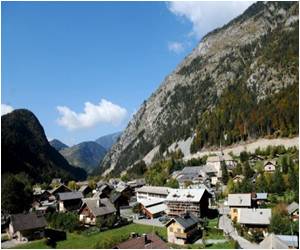New research published on Sunday 23rd February has found that climate change is unlikely to reduce the UK's excess winter death rate as previously thought.

Analysing data from the past 60 years, researchers at the University of Exeter and University College London (UCL) looked at how the winter death rate has changed over time, and what factors influenced it.
They found that from 1951 to 1971, the number of cold winter days was strongly linked to death rates, while from 1971 to 1991, both the number of cold days and flu activity were responsible for increased death rates. However, their analysis showed that from 1991 to 2011, flu activity alone was the main cause in year to year variation in winter mortality.
Lead researcher Dr Philip Staddon said:
"We've shown that the number of cold days in a winter no longer explains its number of excess deaths. Instead, the main cause of year to year variation in winter mortality in recent decades has been flu."
The team suggest that this reduced link between the number of cold days and deaths in a winter can be explained by improvements in housing, health care, income and a greater awareness of the risks of the cold.
Advertisement
Dr Staddon believes the findings have important implications for policy:
Advertisement
Co-author, Prof Hugh Montgomery of UCL said:
"Climate change appears unlikely to lower winter death rates. Indeed, it may substantially increase them by driving extreme weather events and greater variation in winter temperatures. Action must be taken to prevent this happening."
Co-author, Prof Michael Depledge of University of Exeter Medical School said:
"Studies of the kind we have conducted provide information that is key for policymakers and politicians making plans to manage the impacts of climate change. We're hopeful that the importance of this issue will be understood, so that matters of health and environmental security can be dealt with seriously and effectively."
Source-Eurekalert










